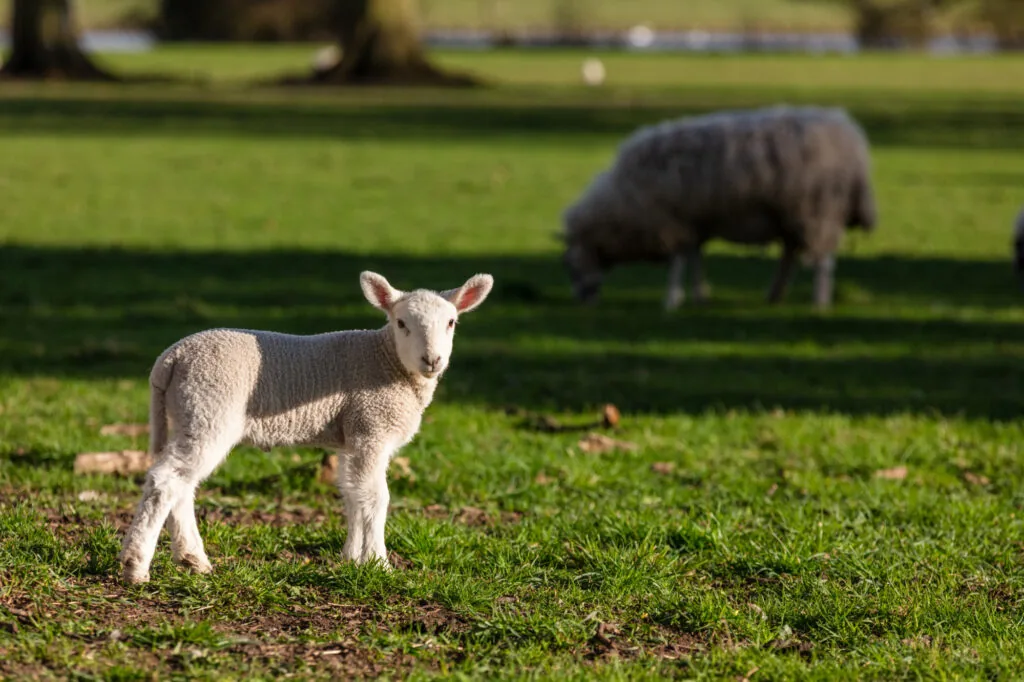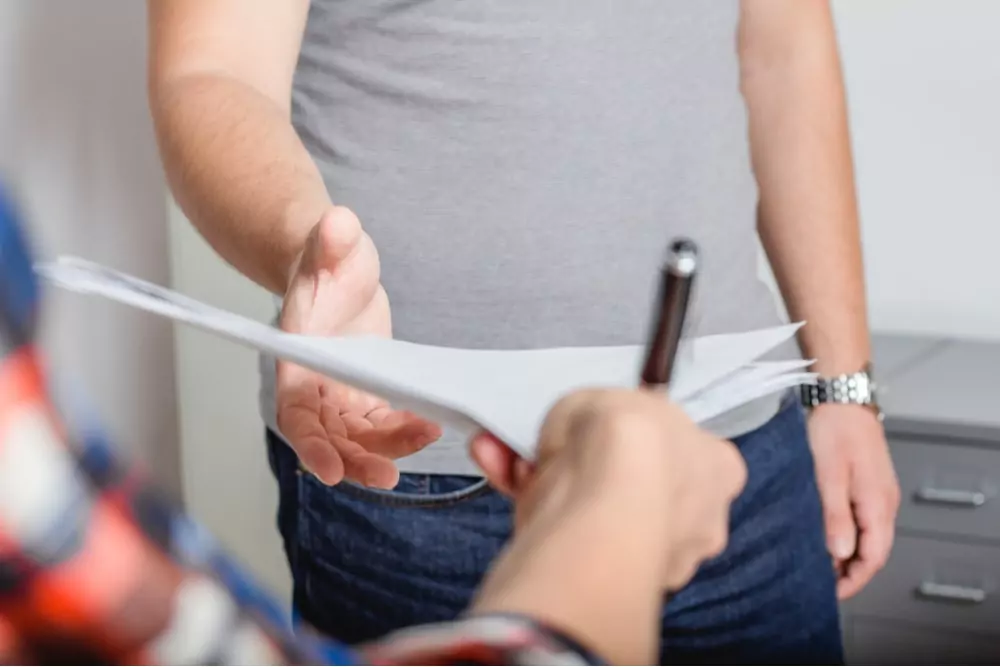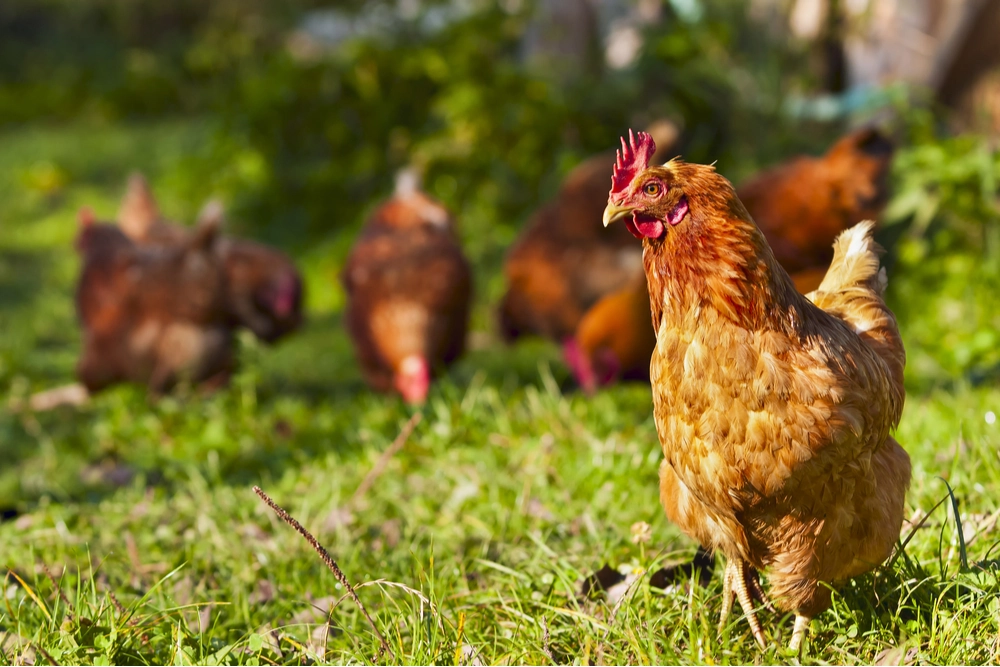
Farming partnerships: What am I entitled to on retirement?

By Danielle Spalding, Jane Last
20 May 2024 | 4 minute read
Understanding the case of Procter v Procter
On the 9 April 2024, the Court of Appeal handed down judgment in the case of Procter v Procter [2024] EWCA Civ 324. The judgment provided some clarity on the entitlement of an individual who retires from a partnership without agreeing the financial terms of their departure.
What happened?
A dispute arose between members of a family farming in partnership which developed into a series of court proceedings. In the late 1970s and 1980s, Mr and Mrs Procter entered into partnership with their children, Suzanne, Philip and James.
In due course, following the retirement of their mother, each of the children and their father held a 25% share in the partnership. The farming business included about 600 acres of land and included farmland, a golf course, farmhouses, and ancillary buildings.
In 2010, one of the children, Suzanne, wrote to resign from the partnership and the other parties accepted her resignation. Nothing was said about any financial terms of Suzanne's retirement at the time. The partnership deed did not give any of the partners a right to simply resign by notice to the other partners.
In 2013 and 2014, Mr and Mrs Procter senior passed away. Following this Suzanne brought a claim against her brothers and as part of those court proceedings claimed she was entitled to the value of her share in the partnership assets and income at the date she resigned.
Her brothers argued that, in the absence of any specific agreement to the contrary, a retiring partner is not entitled to any payment when they leave a partnership and that Suzanne had given up her share.
The decision
The decision clarified the following points:
- A change in the composition of a partnership effects a "technical dissolution" i.e., technically, a partnership is dissolved each time one partner leaves or a new partner joins.
- An agreement simply that a partner should retire or resign does not mean that a partner intends to give up their interest in the partnership for nothing nor say anything about what they are entitled to financially from the partnership when they leave.
- When deciding on an outgoing partner's financial entitlements, the starting point should be the terms of the partnership deed. Where there isn't one, or it is silent on this point, the Court will look at whether the partners reached any agreement at the time of an outgoing partner's retirement. The Court confirmed that where the deed doesn't deal with retirement and there has been no other agreement at the time of a partner's retirement, the outgoing partner is taken to have retained their share in the partnership assets at the date of their retirement. This is the equivalent to what they would have been entitled to if the partnership had been wound up at the time they retired. On the facts of this case, when Suzanne retired, she and her brothers were unaware of a valuable asset held by the partnership. This was a factor in the court's decision that Suzanne was entitled to assert her interest in the partnership at a later date and therefore it is important to keep in mind that every matter will be fact specific.
- Where the partners haven't agreed otherwise, the value of an outgoing partner's share should be based on the actual market value of the relevant partnership assets at the time of retirement, not the book value entered into the partnership accounts.
- Suzanne was entitled to interest at a rate of 5% on the value of her share of the partnership assets from the date she retired until the date of the Court's judgment. This was to reflect the fact that her brothers, had taken over and used Suzanne's partnership property without payment. The interest payment accounted for that.
Points to consider
Advance planning: This case highlights a key point for partnerships in that neglecting to set out arrangements for a retiring partner can create significant uncertainty. This can ultimately lead to litigation, with the partners potentially not knowing the precise buy-out arrangements until a judge makes a decision after trial.
To help avoid these types of issues arising partners should:
Take professional advice: At the outset of a business relationship as well as in advance of major events such as appointment of new partners or retirement of a partner.
Put it in writing: Documenting the terms of a partnership in a partnership deed to which all partners are a party can provide clarity in the future. Partners should consider including terms on the following:
- How a partner may retire from the partnership and in what circumstances.
- How financial entitlement matters shall be determined (i.e. should a retiring partner be entitled to a buy-out, when, and in what circumstances).
No 'one-size fits all' approach: The Court acknowledged that there would be competing considerations as to how a retiring partner should be paid out which might vary from case to case. For example, in a farming partnership, which might be asset rich but cash poor, a payment at valuation might lead to a substantial payment having to be made for unrealised capital profits which would place a strain on the continuing partners. Partners are advised to agree in advance as to how they want to deal with 'buy out' matters. For example, a single lump sum, no payment, or a series of payments by instalment.
How can Foot Anstey help?
If you are interested in learning more about this topic or other matters concerning farming or rural land, please contact our team of experts, listen to our podcast, Experts in the Field or visit our Farms, Estates & Rural Land web page.














